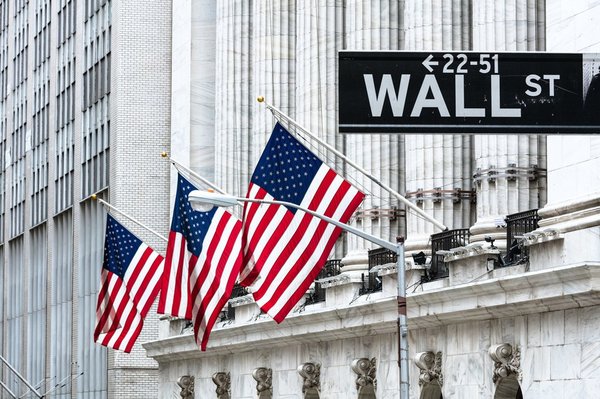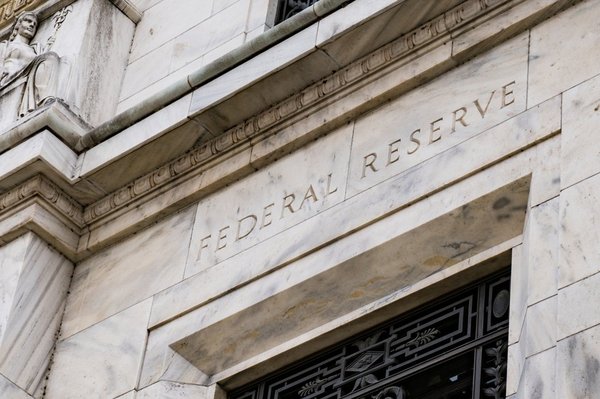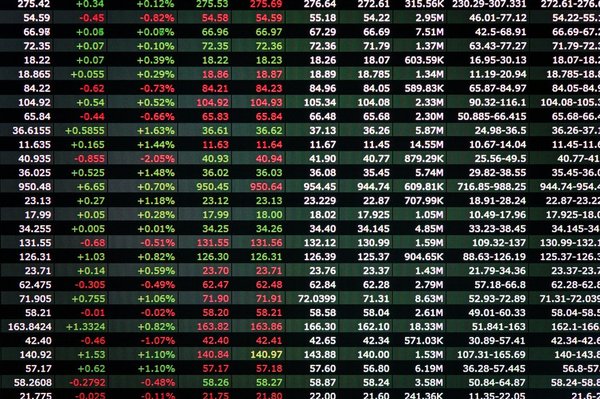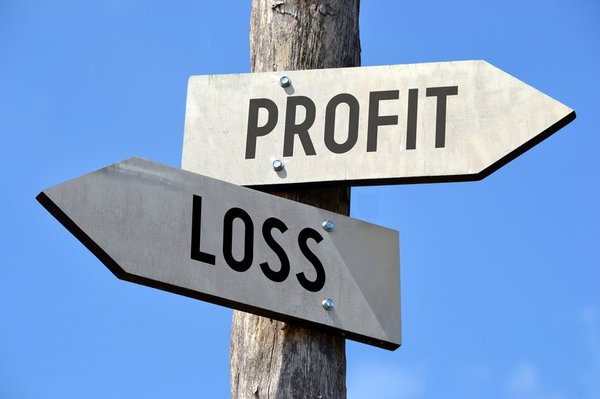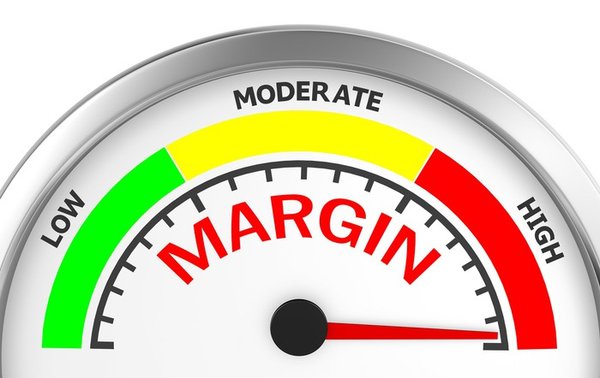Have you ever liked a company but wanted to boot its CEO?
Activist investing is the practice of buying a large amount of a company's stock with the goal of gaining influence and pressuring the leadership team to make a specific set of changes to the enterprise. Activist investors push for changes that would increase the company's share price or benefit the activist investor directly. Companies that are poorly managed, have inefficient operations, or face some other solvable problem are common targets of activist investors, who often specialize in only certain types of enterprises.
How does activist investing work?
Typically, activist investors operate hedge funds or private equity firms, or they are high-net-worth individuals. Activist investors typically also have professional analytical skills and substantial business expertise. They use these qualifications to identify companies with untapped value and develop and deliver to the companies themselves specific strategy recommendations to capture that value.

An activist investor's recommendations can range from strategic initiatives, such as restructuring the company, to changing the composition of the board of directors. An activist investor might demand a personal seat on a company's board or insist on the appointment of certain independent directors. The activist investor may even target specific directors for removal.
Activist investors' campaigns, while potentially very profitable, do not generally have high success rates. According to a Harvard Law School report, just 17% of activist investor campaigns in 2019 were successful. The majority of campaigns -- 56% -- either hadn't gained traction or were still ongoing when the report was published in mid-2020. That being said, this is how an activist investor usually operates:
1. Buy a large amount of shares of the target company.
Activist investors who acquire more than 5% of a company's outstanding shares are required to file Schedule 13D with the U.S. Securities and Exchange Commission (SEC). That filing is a clue for many investors that the company is of interest to an activist investor.
2. Publicly propose a specific set of changes for the company.
While activist investors directly engage with boards of directors to argue for their proposed changes, they also make their demands public. Many activist investors use the 13D filing to announce their demands, and they also use social media, press releases, media appearances, interviews, and published reports to gain broad shareholder support.
3. Negotiate with the board of directors.
Publicity and shareholder support strengthens the negotiating position of an activist investor, although a company may still strenuously resist the activist investor's demands.
4. Pursue additional measures as necessary to effect the desired changes.
Stalled negotiations between the activist investor and the company typically escalate into a proxy fight for control of the company's board of directors. An activist investor who successfully collaborates with other shareholders to win control of the board then has enough influence to ensure that his or her desired changes are made.
5. Sell all shares once the specific objectives are achieved.
While activist investors who also hold board seats may have restrictions on selling their stock holdings, they generally sell their shares once the company has implemented their recommendations.
Activist investing strategies
Activist investing is a form of value investing, albeit an aggressive one. Value investors analyze certain business fundamentals to identify those companies that are undervalued. While traditional or passive value investors believe the share price of an undervalued company will naturally and gradually increase to reflect the company's true worth, activist value investors are determined to increase an undervalued company's worth more quickly by demanding specific interventions.
Activist investors see weaknesses or problems resulting in undervaluations, but they also envision solutions in the form of strategic initiatives that they believe will increase shareholder value. The specific initiatives proposed by activist investors can be divided into these four categories:
- Operations: Activist investors commonly propose operational cost reductions, along with strategies to increase revenue.
- Strategic transactions: An activist investor may demand that a company sell an underperforming division or split the company into several separate business units.
- Capital allocation and structure: Companies may be pressured by activist investors to repurchase shares or pursue other strategies that significantly change the company's capital structure.
- Governance: Activist investors may insist on various changes to the size and composition of the company's board of directors.
Famous activist investors
The best-known activist investors include:
- Bill Ackman: Ackman has profited handsomely from activist campaigns targeting Procter & Gamble (NYSE:PG), Canadian Pacific (NYSE:CP), Fortune Brands (NYSE:FBHS), and Allergan (NYSE:AGN). He is the founder and CEO of hedge fund management company Pershing Square Capital Management, which is owned by Pershing Square Holdings (LSE:PSH).
- Daniel Loeb: Loeb founded and runs the hedge fund Third Point Management. In 2020, Loeb began pressuring Disney (NYSE:DIS) to stop paying dividends and instead invest those funds into the Disney+ streaming service. Disney has not yet acquiesced to Loeb's demands. Forbes in 2018 ranked Loeb at No. 7 on its list of highest-earning hedge fund managers.
- Carl Icahn: Icahn famously teamed up with Loeb in 2013 to buy shares of Herbalife (NYSE:HLF). Knowing that Ackman had shorted the nutritional supplement company's stock, the two sought to increase Herbalife's share price. Ackman ultimately lost $1 billion on the position. Icahn Enterprises (NASDAQ:IEP) is a publicly traded conglomerate and Icahn in 2019 was ranked No. 11 on Forbes' list of highest-earning hedge fund managers.
- Barry Rosenstein: Founder in 2001 of the hedge fund Jana Partners, Rosenstein as an activist in 2017 was instrumental in convincing Whole Foods to sell itself to Amazon (NASDAQ:AMZN). The transaction generated a $300 million profit for Rosenstein's fund. Rosenstein more recently took a position in the restaurant holding company Bloomin' Brands (NASDAQ:BLMN), which owns Outback Steakhouse, to convince the company to alter the composition of its board and put itself up for sale.
- Nelson Peltz: Co-founder of the hedge fund Trian Fund Management, Peltz's investor activism has predominantly targeted General Electric (NYSE:GE) and Procter & Gamble. Peltz in 2015 began pressuring GE to appoint a new CEO, two years before Jeff Immelt stepped away from the role. One of Trian's founding partners, Ed Garden, is now a GE board member. In 2017, Peltz nearly won a proxy contest to obtain a Procter & Gamble board seat for himself, and, despite not winning the vote, was awarded the board seat by P&G anyway. The consumer products company came to value Peltz's significant influence over other shareholders and his extensive business expertise.
Related investing topics
Activist investing funds
Other well-known activist hedge funds not already mentioned include Lion Point Capital, MFP Investors, and Starboard Value.
Some mutual funds and exchange-traded funds (ETFs) can also provide exposure to shareholder activism for individual investors. The 13D Activist Fund (NASDAQMUTFUND:DDDAX) is a mutual fund that analyzes 13D filings and invests based on the likelihood of an activist effectively driving performance improvements at the company. The fund at the time of this writing has holdings in 31 companies and $260 million in assets under management. The mutual fund's average annual return between 2011 and 2021 was 15.13%.
The LeaderShares Activist Leaders ETF (NYSEMKT:ACTV) is another, if less-proven, option for individual investors. The fund, with about $57 million in net assets, was launched in the second half of 2020. The ETF owns shares in 39 companies at the present time.
Investing in either of these funds, or in any individual companies that are targeted for activism, is riskier than just buying and holding the stocks of high-quality companies. Your portfolio can benefit from this type of exposure, but limiting how much money you invest in activism-related strategies is a wise move.

















